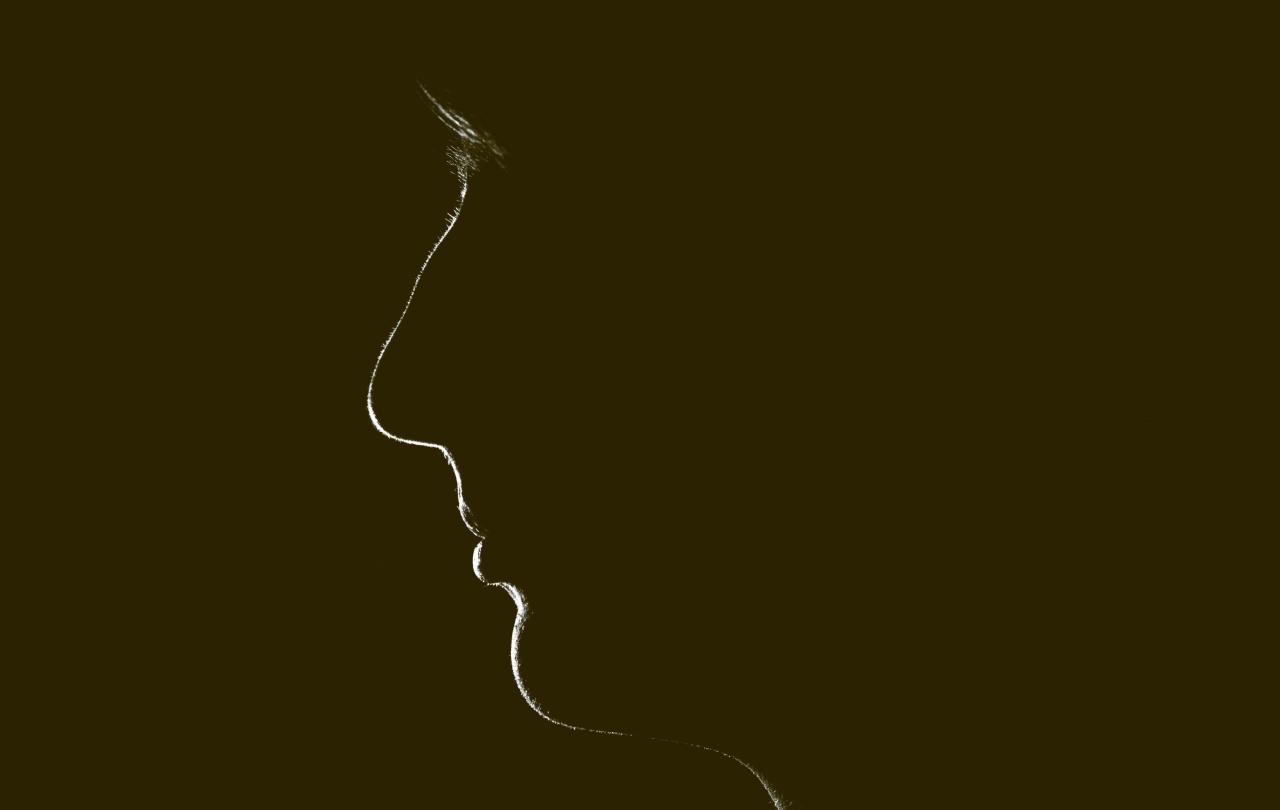
There’s either too much or too little written about angels. There’s the serious hermeneutical stuff of divine messengers from scripture. Then there’s the Hallmark sentimentality about guardians, watching over us as nannies may watch their children playing in the park, picking up and comforting them when knees are grazed.
They’re supernatural, but appear in human form. It’s incarnational in its way. But there’s plenty to notice of angelic manifestation in regular human beings – that nurses are routinely dubbed angels is both exasperating and earned.
This is the via media, a third way, for angels: They’re called Melanie or Dave, have mortgages, and dwell among us. It’s just that sometimes they’re angels. These thoughts come after an incident I just experienced at London Bridge station.
We’d just returned from an extended train tour of southern Europe, celebrating a fortieth wedding anniversary and my seventieth birthday. We’d stopped for a bit of lunch between St Pancras and London Bridge and ran late for our Sussex connection. For the first time in three weeks a huge station elevator was out, with no lift in sight.
A young woman, maybe 23, appeared from nowhere and offered to take the larger-but-lighter case, striding up with it in her glorious white trousers with gold stripes. Then, a second and a half later, a young man of similar age grabbed my smaller-but-heavier bag and carried it up like a small briefcase.
“Are you two together?” I gasped in his wake. “No,” he said. “You will be at the top,” I replied. It was a crass thing to say. In the movie they would have been. But this was real life. Two commuters offering random acts of kindness, leaving me marvelling at how wonderful young people are.
And we can leave it there. Two fit (in both senses) strangers noticing a couple, more than old enough to be their parents, struggling. It’s a facet of ageing to which I’m adjusting; I was shocked and surprised a couple of years ago when a young woman offered me her seat on the Underground. It seems so little time since it was the other way around.
But there it is again. Ordinary people, transcendent behaviour. And, in a metaphysical sense, our young friends at London Bridge really would be together at the top, supported on angels’ wings, though they would laugh that off and the moment would be quickly forgotten.
These are trivial moments of angelic intervention in ordinary life. But they can be scaled up. When Martine Wright lay mortally wounded with her legs beyond rescue in a bombed carriage of a tube train under Aldgate on 7th July 2005, in her trance of trauma she saw off-duty policewoman Elizabeth Kenworthy picking her way through the wreckage towards her, unquestionably saving her life. She has since described it as like an angel coming to collect her. And who would gainsay that?
Again, these are flesh-and-blood people, not winged and shining-white seraphs. But they are possessed of the spirit of angels. Who can doubt the presence of angels in the darkest hell that was 7/7? Clearly not Ms Wright.
These are instances of the human agency of angels. They possess their own reality. But then there are those who experience, as it were, the real thing. I recently encountered a woman and her son after a church service, who described her very recent conversion experience.
In a moment of darkest despair (which I’m unable to relate), she called out for someone, anything. A figure appeared at her side and she fell into his/her arms. A dream, maybe? But so what if it was? Her life is renewed, as her affirms.
For my own part, when my father died in 2000, I went to St Bride’s Church, nearby my office in London’s Fleet Street, and asked my friend there if he’d join me in lighting a candle and saying a prayer. Afterwards, as we stood at the little side altar, the figure of a homeless man strode purposefully up the narrow aisle, matted hair and beard, ragged clothes.
He deliberately walked between us, lit another candle and placed it in the stand next to ours and stood for a moment looking at it. Then he simply walked out again. We knew the local homeless well – we ministered to them. But we’d never seen him before nor seen him since. And here’s another thing: we were intimately familiar with homeless hygiene, but this one had no smell.
Are there angels? Yes, absolutely. They have no hierarchy. They’re just ever-present servants, from the company of heaven. As apparent to a young woman called Mary, who stuck her head into an empty tomb some time ago and was told the person she sought had gone before her, as to me just a day or two ago as white and gold trousers went before me, taking two steps at a time.
Support Seen & Unseen
Since Spring 2023, our readers have enjoyed over 1,500 articles. All for free.
This is made possible through the generosity of our amazing community of supporters.
If you enjoy Seen & Unseen, would you consider making a gift towards our work?
Do so by joining Behind The Seen. Alongside other benefits, you’ll receive an extra fortnightly email from me sharing my reading and reflections on the ideas that are shaping our times.
Graham Tomlin
Editor-in-Chief





